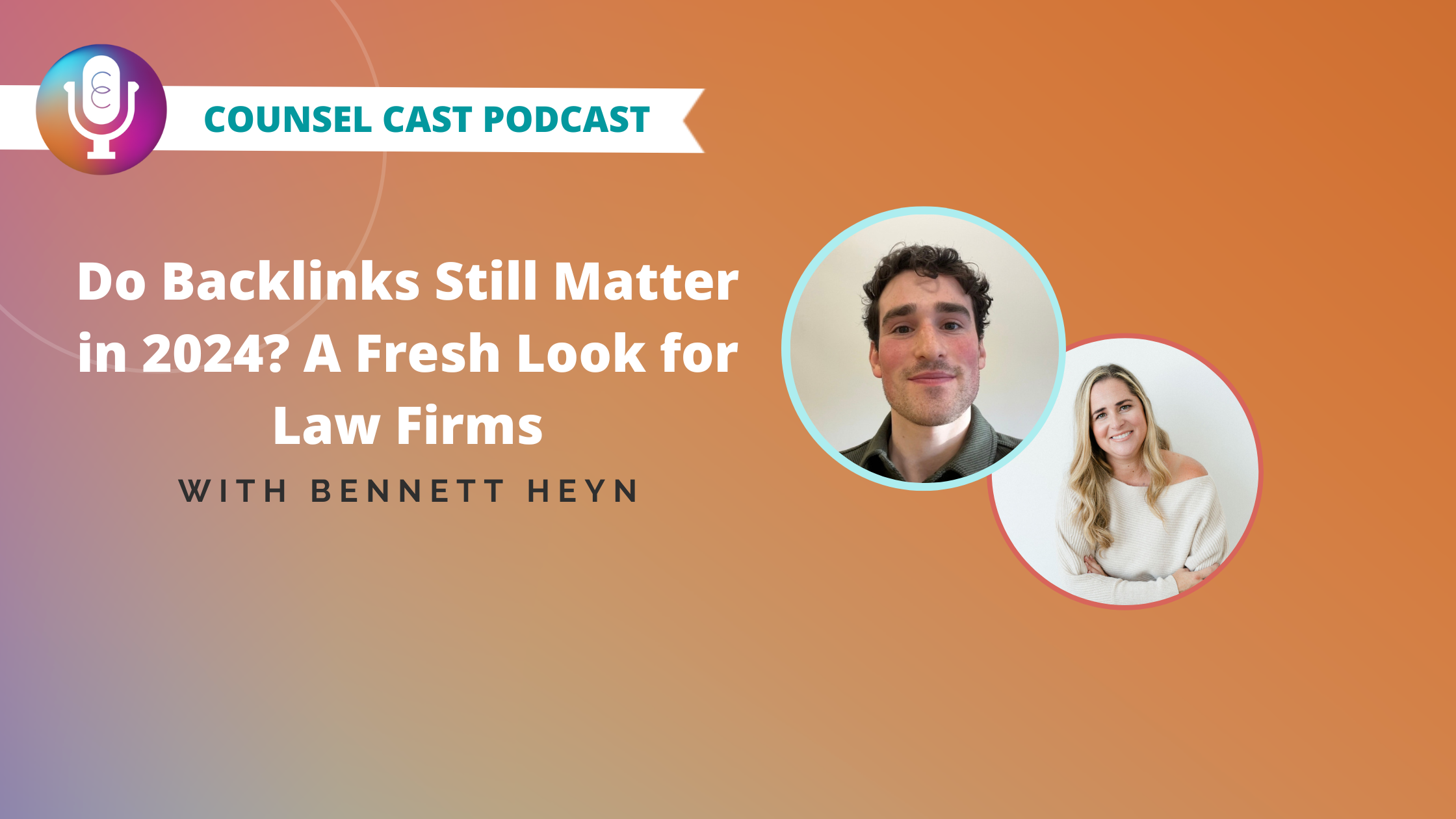Website speed is one of the most important metrics for you to track with your site. In fact, the speed with which your website loads could be one of the primary factors that decide between you keeping and losing a visitor, and thus a potential new client for your firm.
This might sound dramatic, but data certainly backs it up. The longer a website takes to load, the more likely a visitor will click away and look somewhere else for their legal needs. But if your website loads quickly, your visitor is more likely to stay, which increases the odds they will reach out to you for more information or to schedule a consultation.
Performing a speed test
One of the simplest ways to measure the performance of your website with regard to its speed is to conduct a speed test.
There are a variety of tools you can use to run this speed test, many of which are available for free. A quick google search will bring up a number of options. Depending on the platform you used to build your website you might even have speed testing functionality built into the back end of the site.
To get the most out of your speed test, follow these tips:
- Run multiple tests: There are a variety of factors that could affect the results of your test, so it’s a good idea to run at least three tests to get a more accurate picture of your website’s performance.
- Test from different locations: Test from servers based in different geographical areas so you can see how performance varies based on location.
- Turn on caching: Website caching helps boost your website performance. Make sure it’s turned on before you run the speed test.
Ideally you will have a website that loads in two seconds or less, which is the standard sites like Google set for ecommerce websites. Google itself aims for less than a half second of loading time. Any more than two seconds and you run the risk of turning off your audience and harming your search engine rankings.
If the results of your test indicate your website is indeed running slowly, it’s important to quickly determine what’s causing this slowness. Common issues include poor quality web hosting, an over-reliance on large graphics or video, or functionality in the website that hasn’t been updated or doesn’t work as it should.
Make some adjustments to your website to ensure smoother operation, then run several speed tests again to make sure your adjustments actually worked. But if you get stuck in a situation in which you cannot determine what’s causing your website speed issues, you can always ask a professional for assistance.
For more information about improving website loading times for your firm, contact us at Conroy Creative Counsel.











